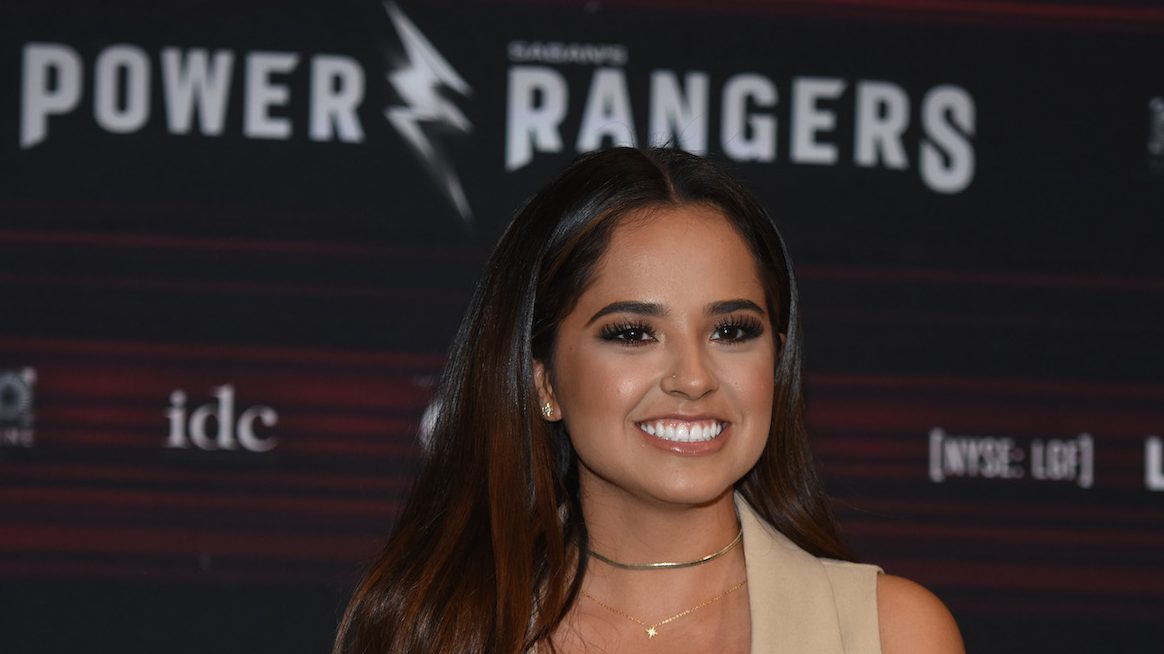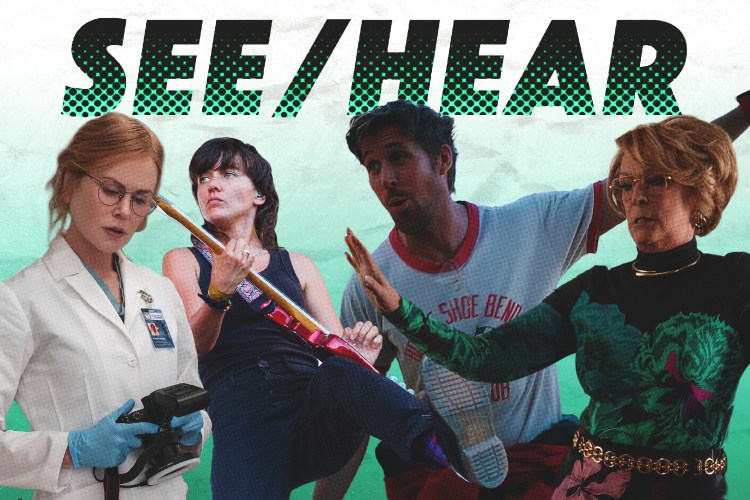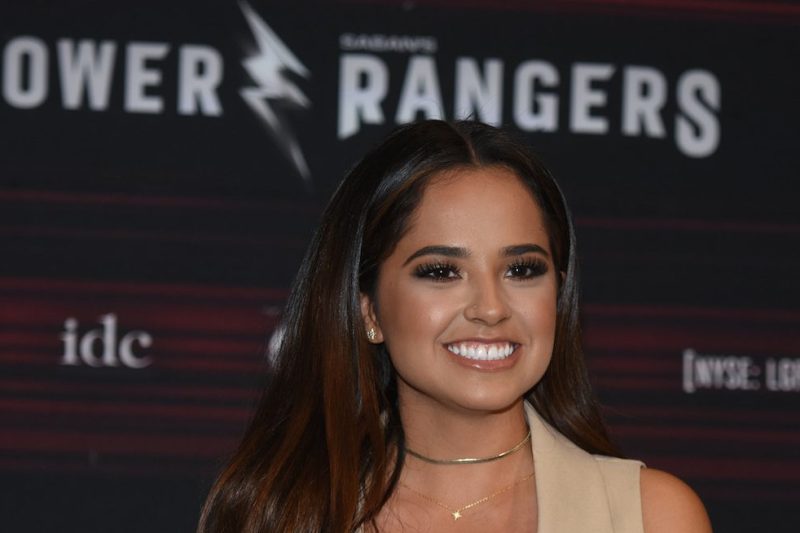
Of all the comic book movies released in recent years, the adaptation of the campy 1990s children’s television show Mighty Morphin Power Rangers would not seem the film to break barriers.
Yet with the movie’s opening Friday, that is exactly what will occur when the first gay superhero on the big screen in a major film debuts.
Mighty Morphin Power Rangers followed five teens who, when not engaging in typical teenager activities, fought “Evil Space Aliens.” (Yes, that is how they were officially described.) It became a huge hit despite being, as one TV writer put it, “high on camp and low on special effects.”
The film version’s budget is over $100 million and its cast includes Breaking Bad‘s Walter White, Bryan Cranston. It boasts something the original series lacked as well: a gay character. Yellow Ranger Trini, played by Becky G, is revealed to be having “girlfriend problems,” a moment which director Dean Israelite tells the Hollywood Reporter is “pivotal.” (Ironically, the original Blue Ranger from the television show, David Yost reportedly left the show due to harassment over his sexuality. He has praised the new character’s orientation: “They really stepped up to the plate.”)
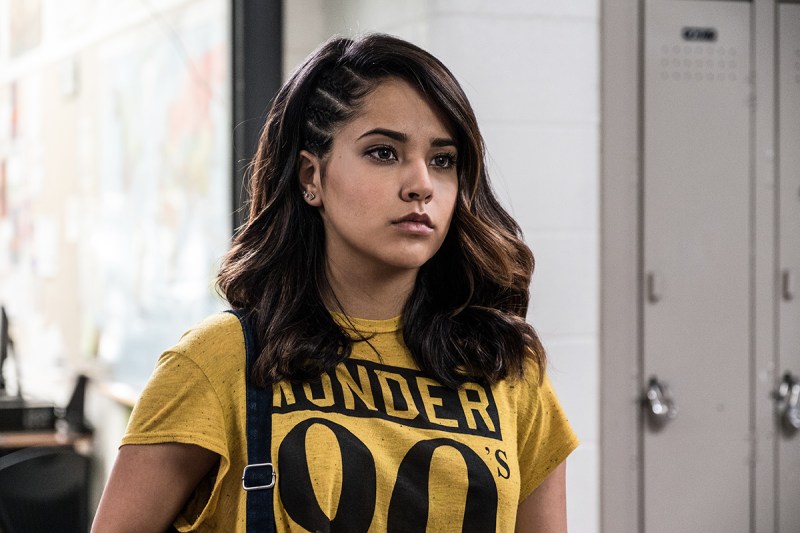
Genre entertainment has become less homogenous in recent years, with Netflix showing series can be built around a woman (Jessica Jones) and a main character who isn’t white (Luke Cage). The Power Rangers reflect this diversity. The five Rangers include two women and only one of the three male characters is white. (The other two are black and Asian.)
The source material for many superhero movies, the comic books themselves, have become much more inclusive in recent years—which has thrilled many in the LBGT community, but alienated other readers in the process. DC Comics’ Batwoman is openly gay and has her own popular comic series. Marvel’s X-Men featured a same-sex marriage for the character Northstar. (Iceman has since come out as well.)
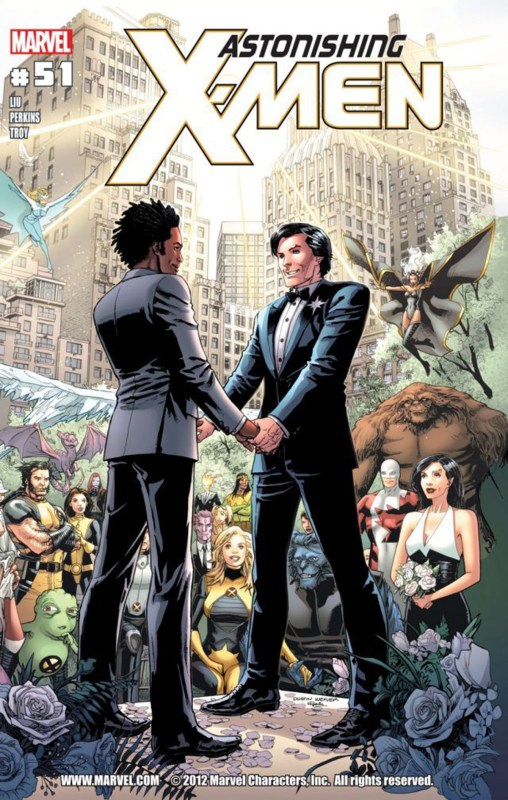
Yet on screen, the genre has remained rigidly heterosexual, even as it became more daring and explicit. This was an easy approach for studios to justify, since the movies and TV shows are generally aimed at as many younger viewers as possible. Why risk offending parents who might be uncomfortable with their kids watching these characters, particularly in more conservative states? Indeed, recently a theater in Alabama refused to screen the live-action Beauty and the Beast for showing the character LeFou to be gay, and there were calls to boycott the film.
However, the Beauty and the Beast “backlash” turned out to be comically ineffective as the Disney live-action film obliterated the box office opening record for G or PG movies. (It opened with $170 million in the U.S. alone, effortlessly clearing the previous mark of $135 million.) Should Power Rangers also prove a hit, it suggests there will be a greater sexual diversity in the comic book genre moving forward, just as there is with race and gender.
Of course, superhero films still remain dominated by straight white guys. This is particularly true when it comes to characters who can carry their own franchises, both with the DC (Batman, Superman) and Marvel universes (Iron Man, Captain America, Thor, and so on). Asians in particular are underrepresented. Calls to cast an Asian man as the lead in the series Iron Fist (the hero is white in the comics) were considered and rejected… but an Asian character in Doctor Strange somehow became Tilda Swinton.
In short: progress is being made, but superhero flicks will continue to see as many battles off the screen as they do on them.
Watch the trailer for Power Rangers below and witness a movie about to make some unexpected history.
—Sean Cunningham for RealClearLife
This article appeared in an InsideHook newsletter. Sign up for free to get more on travel, wellness, style, drinking, and culture.
